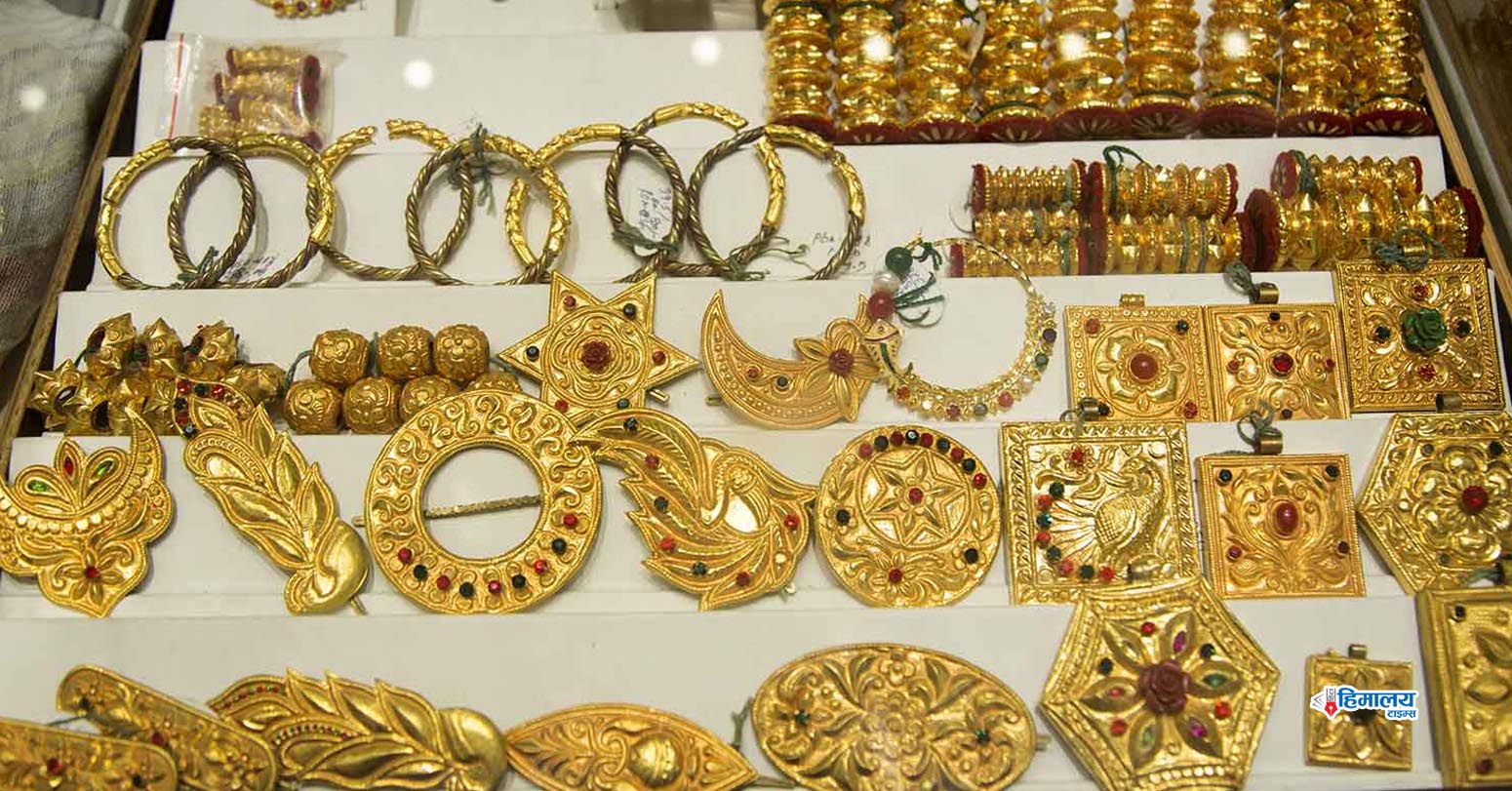Both export and import have decreased in the first seven months of the current fiscal year 2022/23. This is stated in the Current Macroeconomic and Financial Situation, based on seven months' data ending mid-February, released by Nepal Rastra Bank (NRB) today.
In the External Sector, during the seven months of 2022/23, merchandise exports decreased 29.0 percent to Rs 93.43 billion against an increase of 88.3 percent in the same period of the previous year.
Destination-wise, exports to India and China decreased 37.7 percent and 13.4 percent respectively whereas exports to other countries increased 8.0 percent. Exports of zinc sheet, cardamom, particle board, woolen carpets, polyester yarn & thread, among others, increased whereas exports of soyabean oil, palm oil, oil cakes, textiles, silverware and jewelries, among others, decreased in the review period.
During the seven months of 2022/23, merchandise imports decreased 19.9 percent to Rs.919.17 billion against an increase of 42.8 percent a year ago. Destination-wise, imports from India, China and other countries decreased 18.0 percent, 24.3 percent, and 22.0 percent respectively.
Imports of petroleum products, sponge iron, chemical fertilizer, gold, other stationeries, among others, increased whereas imports of transport equipment & parts, medicine, M.S. billet, telecommunication equipment and parts, silver, among others, decreased in the review period.
Based on customs points, exports from Bhairahawa, Dry Port, Jaleshwor, Kailali, Krishnanagar, Mechi, Nepalgunj, Rasuwa and Tribhuwan Airport Customs Offices increased whereas exports from all the other major customs points decreased in the review period.
On the import side, imports from all the major customs points decreased in the review period. Total trade deficit decreased 18.7 percent to Rs.825.73 billion during the seven months of 2022/23. Such a deficit had increased 38.4 percent in the corresponding period of the previous year.
The export-import ratio decreased to 10.2 percent in the review period from 11.5 percent in the corresponding period of the previous year.
During the seven months of 2022/23, merchandise imports from India by paying convertible foreign currency amounted Rs 71.78 billion. Such amount was Rs 128.17 billion in the same period of the previous year.
Composition of Foreign Trade
As per the Broad Economic Categories (BEC), the intermediate and final consumption goods accounted for 53.9 percent and 45.5 percent of the total exports respectively, whereas the ratio of capital goods in total exports remained negligible at 0.53 percent in the review period.
In the same period of the previous year, the ratio of intermediate, capital and final consumption goods remained 48.2 percent, 0.02 percent and 51.7 percent of total exports respectively.
On the imports side, the share of intermediate goods remained 53.1 percent, capital goods 8.6 percent and final consumption goods remained 38.3 percent in the review period. Such ratios were 53.7 percent, 10.9 percent and 35.4 percent respectively in the same period of the previous year.
The y-o-y unit value export price index, based on customs data, increased 3.3 percent and the import price index increased 7.8 percent in the seventh month of 2022/23. The terms of trade (ToT) index decreased 4.3 percent in the review month compared to a decrease of 0.2 percent a year ago.
Services
Net services income remained at a deficit of Rs.38.45 billion in the review period compared to a deficit of Rs.55.09 billion in the same period of the previous year.
Under the service account, travel income increased 107.4 percent to Rs.32.24 billion in the review period which was Rs.15.54 billion in the same period of the previous year. Under the service account, travel payments increased 56.6 percent to Rs. 62.57 billion, including Rs.43.74 billion for education. Such payments were Rs.39.96 billion and Rs.22.60 billion respectively in the same period of the previous year.











Middle-aged man spends millions to
Dr. Dharam Raj Upadhyay: Man
Children, Greatest Victims Of Sudan’s
Breathing The Unbreathable Air
Comprehensive Data Protection Law Critically
Gender Differences In Mental Healthcare